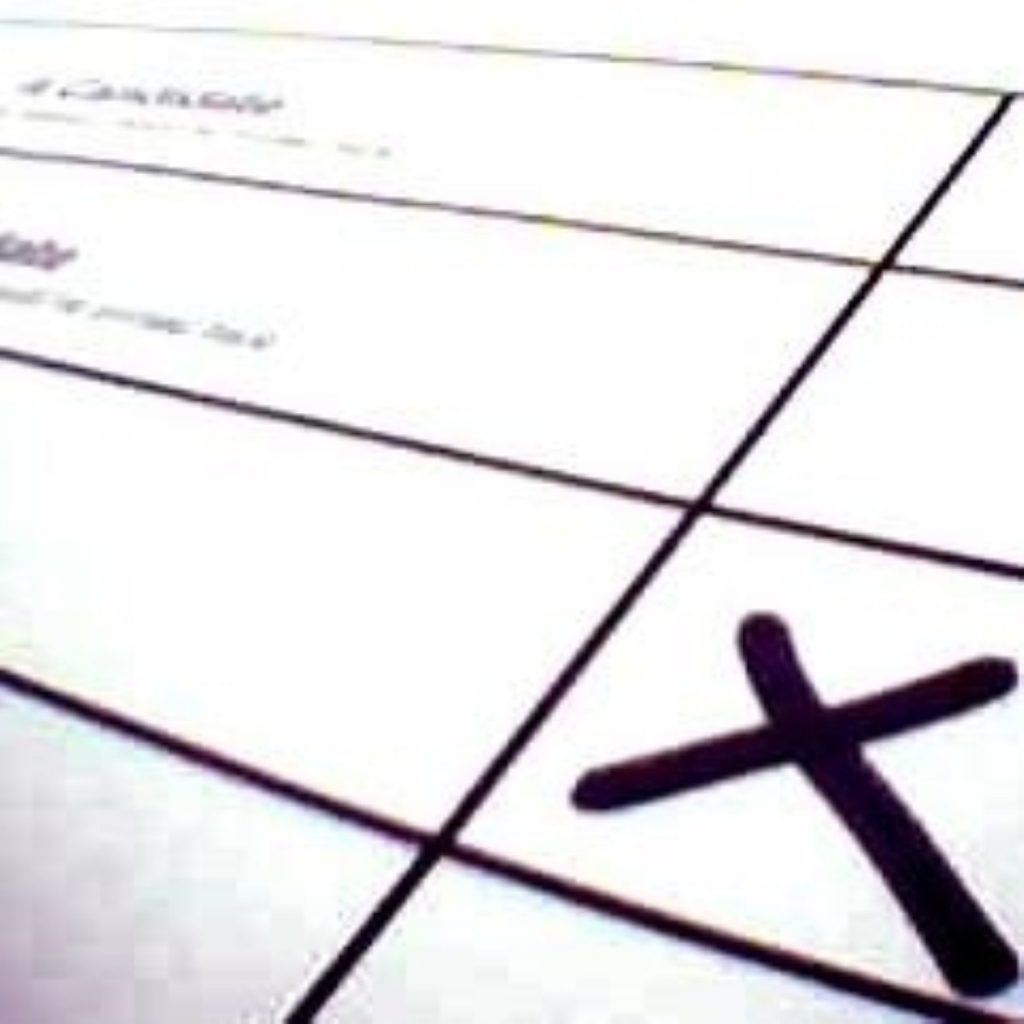Interview: The independents’ champion
Independent politics in Britain is in a fairly pitiable state. Westminster is dominated by the party political system and that doesn’t look like changing much any time soon. One man isn’t giving up, though. “Politics is a long game,” Brian Ahearne says repeatedly. The first step could come in this year’s local elections.
By Alex Stevenson
Ahearne is director of the Independent Network (IN), an organisation providing support and encouragement for those wishing to stand as independent candidates. They’re currently on a recruitment drive for candidates for the upcoming local elections in England – as well as, of course, elections to the devolved administrations in Scotland, Wales and Northern Ireland.
Yet the state of independent politics doesn’t have a clean bill of health. The 2010 general election was largely disappointing, with Richard Taylor losing his seat in Wyre Forest after two terms in the Commons. There is now just one independent MP in parliament.


“There’s a great deal of barriers at the national level we need to overcome,” Ahearne admits. Among them is the Broadcasting Act, which stopped independents being able to gain access to parliamentary party budgets. The £500 deposit which candidates lose if they fail to get five per cent of votes cast is another deterrent.
But there are some grounds for optimism. There were double the number of candidates standing in 2010, and together they attracted 300,000 votes – twice the number from 2005. Recently, three council by-elections in St Ives, Carnoustie and East Hertfordshire notched up victories for independents. Among them was 18-year-old Tom Bletsoe, the youngest councillor in the country.
Now the focus is on the 2011 elections – where, crucially, there isn’t that deposit requirement. “It’s a short amount of time,” Ahearne admits as we discuss the IN’s recruitment drive. “The more that we can get on the ground the better.”
So far 313 candidates have been endorsed. Those who wish to join them need to sign up to the Bell Principles, inspired by former independent MP Martin Bell. Running as an independent is “hard”, Ahearne admits, but potentially very rewarding. “It’s a great experience for people to go out there and try,” he adds. “They can raise their profile in the community and get involved.”
Following the public’s anger at the expenses scandal independents were upbeat before 2010. Now that frustration has faded away somewhat, and Ahearne is advocating a new approach. “People are much more interested in positive messages than negative ones,” he explains. “Negative electoral campaigning tactics turn the electorate off and it looks like people blaming each other if it rained. So go out there, talk about the things you can bring to your constituents, local democracy and local government. Talk about a different, better conducted mode of politics. People don’t want to see just the negative adversarial type of politics any more.”
One headache political parties don’t have to worry about is the need for neutrality from the IN, which quickly comes up in our discussion. He’s not prepared to discuss the impact of the coalition government on the prospects for independents, for example, because doing so starts to get – well, partisan. Ahearne does offer one general observation, however.
“People are not engaged with political parties and are not able to influence the policies of political parties until election time,” he says, cautiously. “I think there may well be a consideration by many people that it didn’t matter who they voted for, that nothing would have changed because of the party political system.” Just 1.3% of the population are members of a political party, after all.
This May will also see much of the public debate centre on the nature of our politics – thanks to the electoral reform referendum. Again, Ahearne steers clear of coming down on one side or the other. Surely, I suggest, the ensuing debate about what to do with each person’s vote will help?
“These sorts of discussions are very valuable for people to start thinking about the political system,” he says. “One thing that’s interesting is that independents are the only alternative to political parties. And when people are talking about political alternatives, the only alternatives to political party candidates are independent candidates.”

